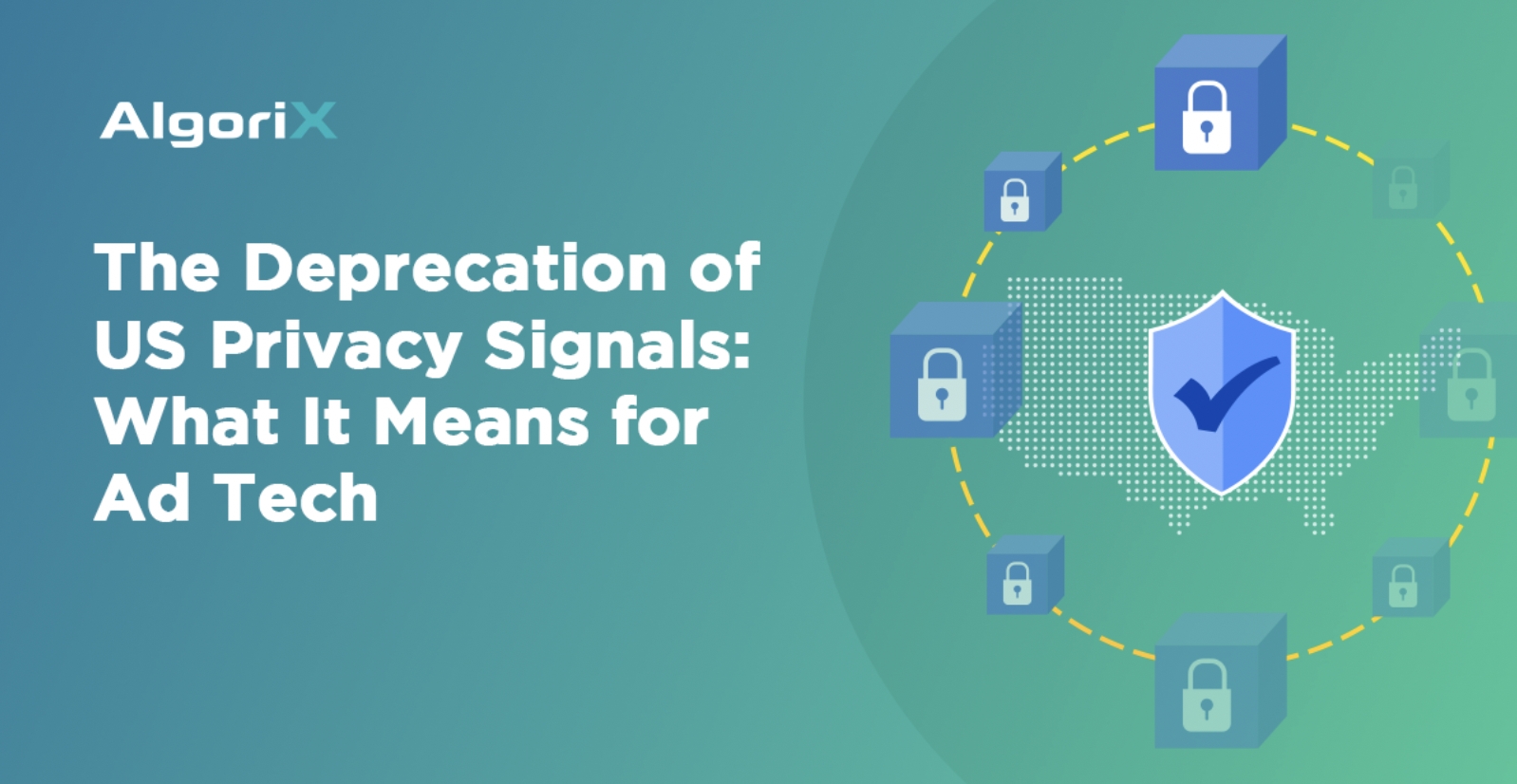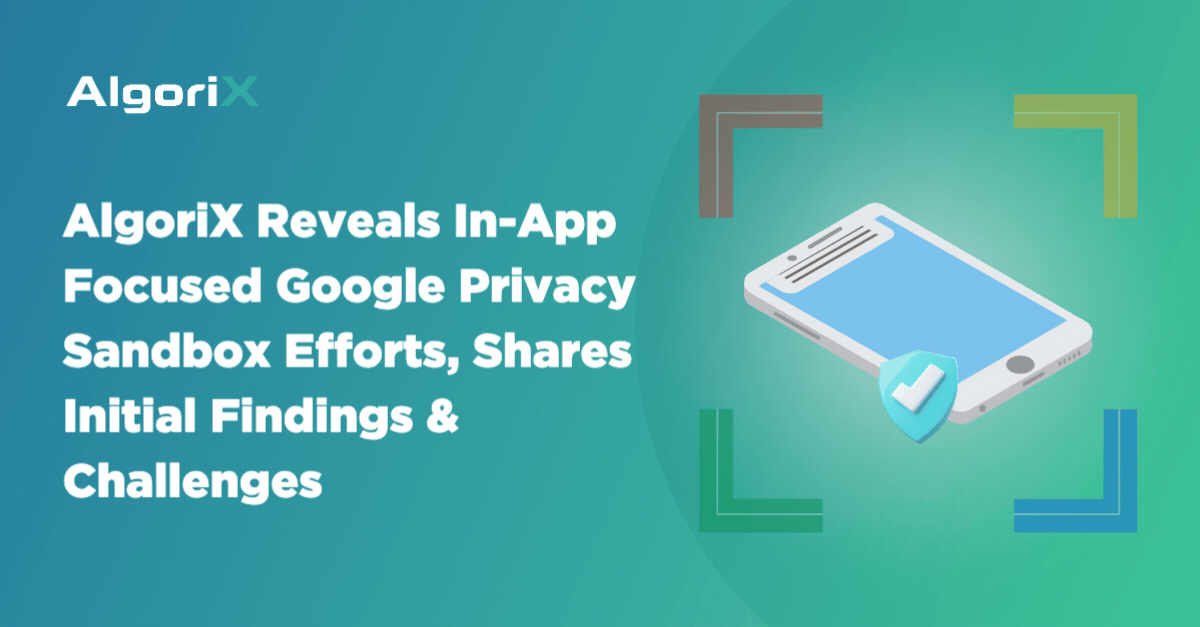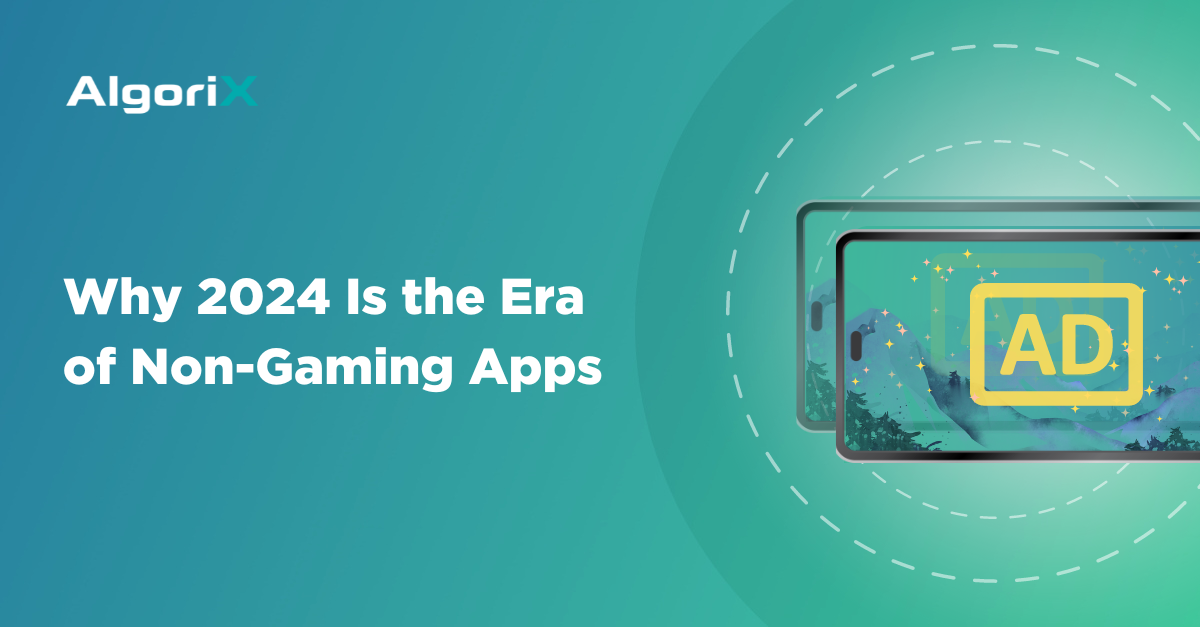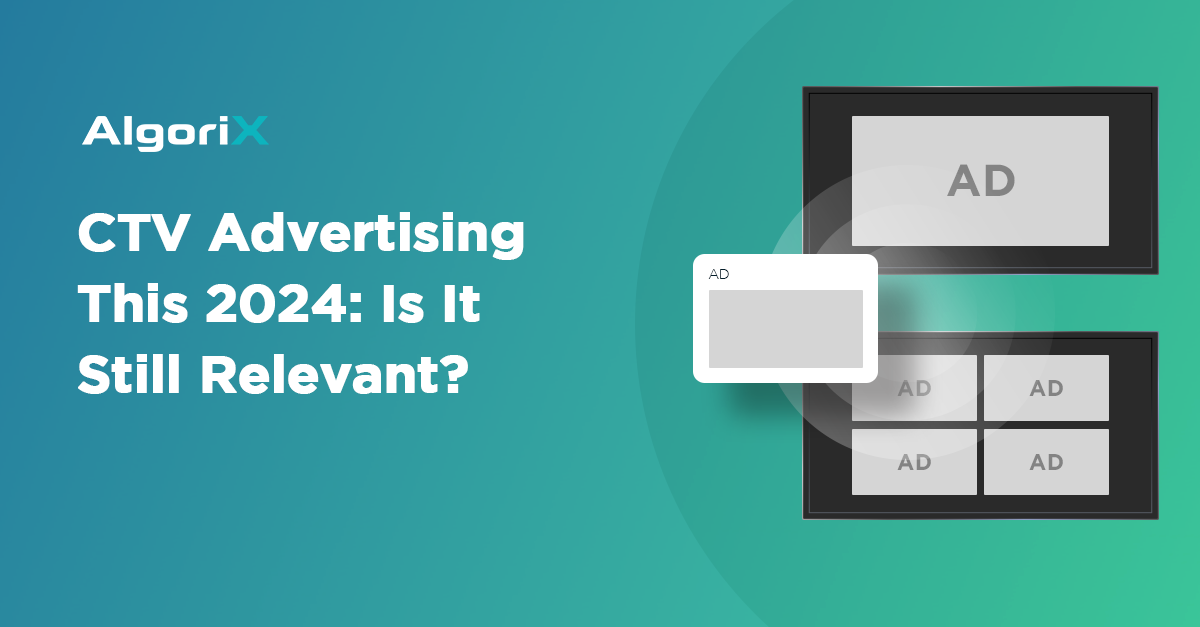The ad tech industry has been undergoing rapid changes, especially in data privacy. With increasing consumer and regulatory scrutiny, the industry has grappled with balancing effective advertising with privacy concerns. Shying away from the US privacy signals is a significant development in this ongoing saga.
The Shift Away from Privacy Signals
Recent studies indicate that 92% of US consumers are concerned about data privacy. Despite this, the industry is moving away from privacy signals.
Privacy signals are digital markers used to communicate user privacy preferences across the online ecosystem. These signals are essential for businesses and platforms to understand and respect user choices concerning the collection, storage, and use of their personal data.
The IAB Tech Lab has announced the deprecation of the US Privacy String specification, which was initially developed to comply with the CCPA. This specification has not been updated since 2020 and only supports the original CCPA privacy signal. It does not accommodate new state privacy signals that have come into effect in 2023, such as those for Virginia, Colorado, Connecticut, and Utah.
To replace the deprecated US Privacy String, the IAB Tech Lab recommends adopting the Global Privacy Platform (GPP). The GPP is designed to support new state privacy signals that have come into effect in 2023, as well as any upcoming state privacy signals.
In an increasingly competitive market, targeting consumers effectively is paramount for advertisers. Traditional privacy signals, while designed to protect consumer privacy, have often been seen as a hindrance to precise targeting. This has led to a growing sentiment within the industry that a new approach is needed.
Zeroing on Legislation
The US lacks a comprehensive federal privacy law, unlike regions such as the European Union with its General Data Protection Regulation (GDPR). This has resulted in a patchwork of state-level laws that make compliance a complex and often confusing endeavor for companies. The absence of a unified framework has contributed to the deprecation of existing privacy signals. Companies find it increasingly difficult to navigate the regulatory maze.
This state-by-state approach creates a complex web of regulations that companies must navigate. For instance, a company operating in multiple states must comply with each state’s unique set of privacy laws, which can differ significantly in terms of consumer rights, data handling practices, and penalties for non-compliance. This complexity increases the cost of legal compliance and creates operational challenges. Companies must invest in specialized legal expertise and technology solutions to manage these disparate regulations.
While large corporations may have the resources to navigate this complexity, small and medium-sized enterprises (SMEs) often struggle. The cost and effort of ensuring state-by-state compliance can be prohibitive for smaller players. It can create a competitive disadvantage and potentially stifle innovation in the ad tech industry.
Implications for the Ad Tech Industry
The deprecation of US privacy signals has catalyzed a transformative shift in the ad tech industry, compelling a move towards first-party data for more reliable and compliant consumer targeting. This shift has also renewed the focus on contextual advertising, which places ads based on webpage content rather than user behavior.
In response to regulatory pressures, the industry is witnessing the rise of privacy-compliant solutions that balance user privacy with effective ad targeting. However, these changes present challenges in attribution, making it difficult for marketers to measure ROI and allocate budgets effectively and accurately.
Additionally, advertising costs are expected to rise due to less precise targeting, potentially affecting profitability for businesses reliant on digital advertising. Despite these challenges, the industry’s pivot towards more transparent data practices is anticipated to build consumer trust, even as companies navigate increased regulatory scrutiny.
The Impact on Consumer Trust
What about consumer trust?
The Erosion of Trust and Its Consequences
The deprecation of traditional privacy signals like tracking cookies has had a significant impact on users. While the industry’s shift away from these signals is driven by the need for more effective ad targeting, it also underscores a growing emphasis on user privacy. For instance, browsers like Firefox and Safari already block tracking cookies by default, and Google’s Chrome has joined this trend.
Google has also announced that it will not roll out alternative user-level ad identifiers to replace third-party cookies. This means that while users may experience decreased personalized ads, there is a heightened focus on respecting user privacy.
According to McKinsey, 87% of consumers indicated that they would refrain from engaging with a company if they had doubts about its security measures. Additionally, 71% stated they would cease doing business with a firm that disclosed sensitive information without their consent. This erosion of trust has business implications, including lower engagement rates, reduced time spent on platforms, and, ultimately, decreased revenue.
The Role of Transparency in Rebuilding Trust
Transparency is key to rebuilding consumer trust. Brands that are open about their data collection and usage practices can differentiate themselves in a crowded market and rebuild consumer trust. This involves not just compliance with existing privacy laws but going above and beyond to educate consumers.
The industry needs to adopt more ethical data practices and consumer-centric models. Differential privacy techniques and decentralized data storage solutions are among the potential solutions that can give consumers more control over their data.
For instance, AlgoriX has signed the MSPA agreement and is making efforts to ensure compliance before the deadline, which the IAB has extended to the end of January. On the product side, plans are in place to support the Global Privacy Platform (GPP) signal to communicate consent info of different US states through the Programmatic supply chain.
Stricter compliance could enhance consumer trust as it would mean that companies are taking data privacy seriously. On the other hand, the changes could also lead to confusion and skepticism among consumers, who might question the effectiveness and intentions behind the new privacy measures. The industry is in a transitional phase, and how well it manages to balance effective advertising with privacy considerations will play a crucial role in shaping consumer trust.
US Privacy Signals: A Wake-Up Call for the Ad Tech Industry
The deprecation of US privacy signals in the ad tech industry is not an isolated event but a result of multiple converging factors. From the need for more effective targeting and the complexities of a fragmented legislative landscape to the critical importance of maintaining consumer trust, this shift is a calculated response to a rapidly evolving industry landscape. As the industry moves forward, it will be interesting to see how it navigates the fine line between consumer privacy and effective advertising.











